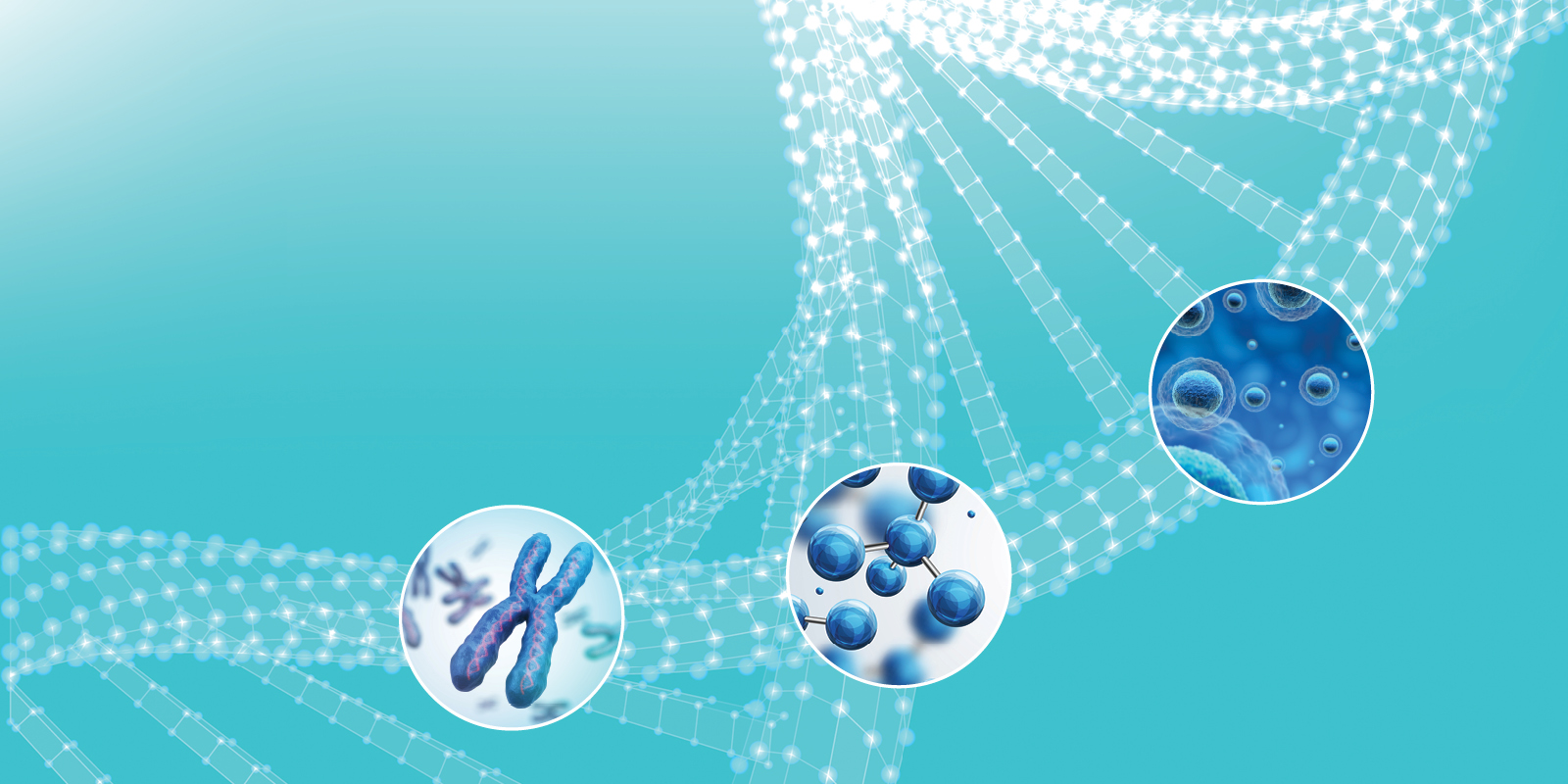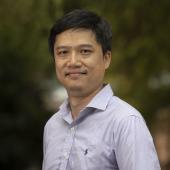
EpiBio explores the basics and cutting-edge technologies and applications related to the epigenome. The conference brings together interdisciplinary expertise in the field — allying biology, chemistry, physics, data processing (bioinformatics), and engineering to foster the development of novel methodologies and tools to answer biological questions in epigenetics. You’ll gain an understanding of current advances and future prospects in epigenetic engineering.

Top Reasons to Attend
- The format encourages interactions between researchers of all expertise levels and disciplines.
- Its interdisciplinary nature fosters new collaborations.
- Attendees can discover new opportunities to make an impact in epigenetics.
- The event provides a unique platform for sharing technologies and their current or potential applications to epigenetics.
- At the interface of epigenetics and biotechnology, the conferences will deepen epigenetics knowledge and spur innovative bioengineering applications.
I not only look forward to learning more about new advances each year, but also the more intimate and inclusive culture of the conference that has enabled the strong growth of this community through faculty, industry, and student interactions.
Featured Speakers
EpiBio Review
This review was written based on the presentations given at the 5th International Conference on Epigenetics and Bioengineering. This conference was supported by the National Science Foundation.
Top Reasons to Submit an Abstract
- Showcasing your work will help the epigenetic engineering community to better understand the scope of interests, activities, and priorities related to the field.
- Epigenetic engineering is a developing field that is not yet standardized in curricula or in most institutional programs allowing for a unique opportunity to contribute to the field’s state-of-the-art.
- This community is supportive and experienced, providing an environment for constructive feedback, brainstorming, and networking.
Session Topics
Our featured speakers stand out in the field as scientists who explore biological design and innovative applications that leverage the properties of epigenetic mechanisms.













